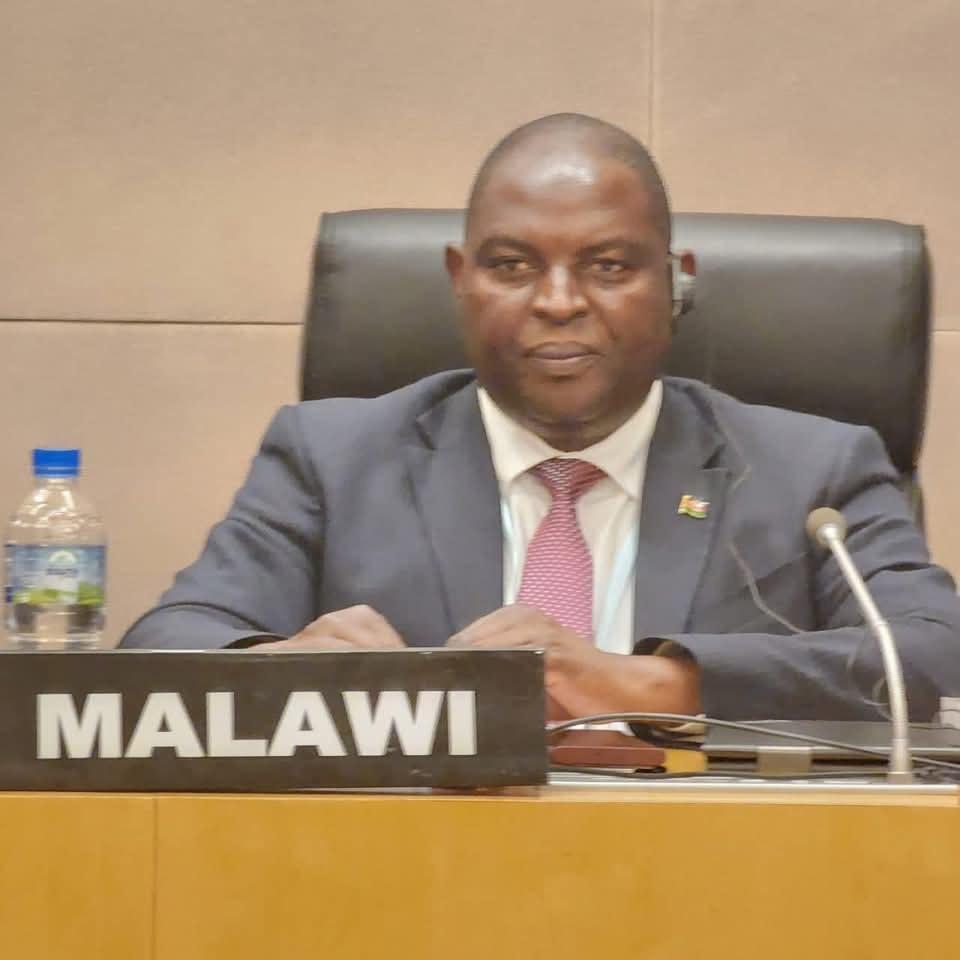By Burnett Munthali
The Malawian Kwacha continues to weaken against major international currencies, raising fresh concerns about the country’s economic stability and import costs.
As of today, 5 July 2025, one British Pound is selling at K2,372 in the local forex market.
Meanwhile, one Euro is being traded at K2,001, reflecting a continued trend of depreciation of the local currency.
The high exchange rates are a reflection of ongoing foreign exchange shortages, low export earnings, and Malawi’s heavy reliance on imported goods.
This currency situation has significant implications for consumers, traders, and businesses that depend on foreign goods and services.
Imported products, including fuel, pharmaceuticals, industrial inputs, and even basic groceries, are likely to rise in price, putting more pressure on already struggling households.
For businesses, the cost of importing raw materials is becoming increasingly burdensome, which could lead to reduced production, job cuts, and delayed investments.
Economic analysts argue that the weakening of the Kwacha is being fueled by persistent imbalances in the country’s trade and fiscal policies.
The government’s appetite for foreign borrowing and the slow pace of export diversification are also contributing factors to the downward spiral.
At the same time, Malawi’s foreign reserves remain under strain, limiting the Reserve Bank of Malawi’s ability to stabilize the currency through interventions.
Experts warn that unless concrete measures are taken to boost exports, attract investment, and reduce dependence on imports, the Kwacha will remain vulnerable to further shocks.
The latest forex figures are a wake-up call for policymakers to re-evaluate economic recovery strategies and prioritize local production and value addition.
Without urgent reforms, ordinary Malawians will continue to bear the brunt of currency depreciation in the form of high prices, reduced purchasing power, and a declining standard of living.
As the cost of living continues to soar, pressure is mounting on authorities to address the root causes of the Kwacha’s instability and restore confidence in the economy.





